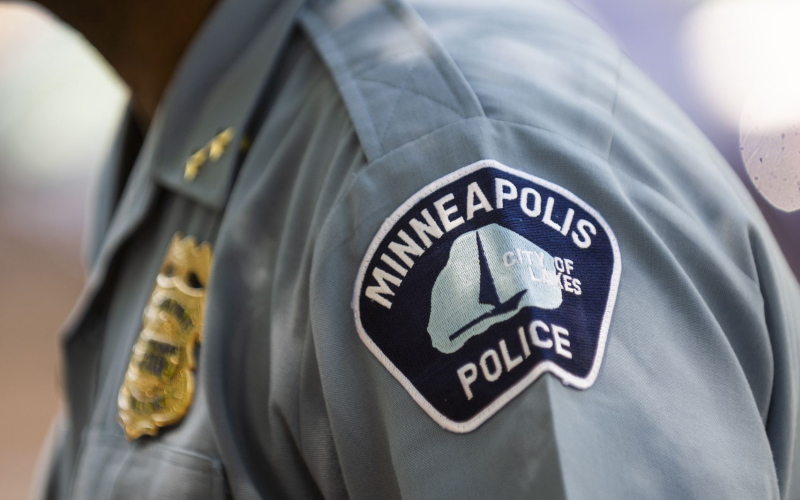In 2017, Brandi Levy was suspended from the junior varsity squad for a year by a Pennsylvania school district for using vulgarity to vent her rage while away from the school grounds. Levy, then a ninth-grader but now in college, had just failed to make the varsity squad and, in response, posted a series of offensive images that were sent to about 250 friends – including cheerleading friends at the school.
Although Levy's post was only visible for 24 hours, one of the recipients took a screenshot of an image, which then made its way to the eyes of the school's cheerleading coaches.
In its 8-1 ruling, the high court said the school district violated the student's right to free speech by handing down the punishment. (Caution: This link contains the actual profanity contained in the student's message.)
Diane Gramley of the American Family Association of Pennsylvania thinks the court made the right decision. "It was an off-campus remark she made on Snapchat – it wasn't during school. And personally, I think schools have gone a little bit overboard, when it comes to their regulations, to involve off-campus speech," she says.

On the other hand, Gramley believes Levy's reaction was highly inappropriate – and that the situation should not have gone as far as it did.
"Are the parents doing the right thing when they're raising their children? Are they teaching children to accept failure? I think that's a major issue in today's society, because failure is a part of life," she argues.
The Blaze points out the justices, while concurring with the lower court's decision, didn't go so far as to say schools never have authority to regulate off-campus speech.
"And I agree with the Supreme Court decision," Gramley adds, "that schools should not have as much authority as some schools think they have."
Writing for the majority, Associate Justice Stephen Breyer acknowledged that, in some people's eyes, the substance of Levy's message may not rise to the level of speech worthy of the First Amendment's protection. "But sometimes it is necessary to protect the superfluous in order to preserve the necessary," Breyer concluded.
The only dissenter in the ruling was Associate Justice Clarence Thomas, who argued that history supports the coach's decision – and that "historically [schools] could discipline students in circumstances like those presented here."







